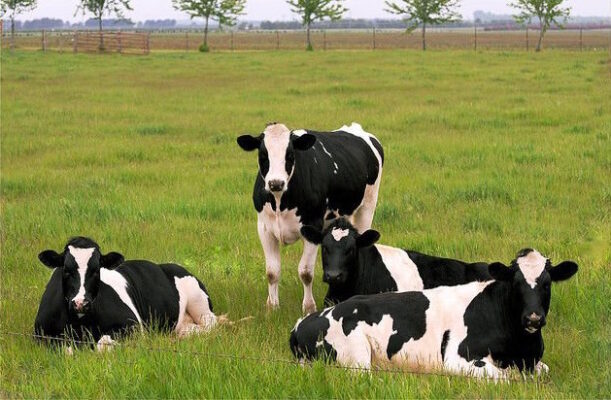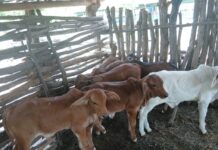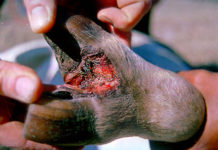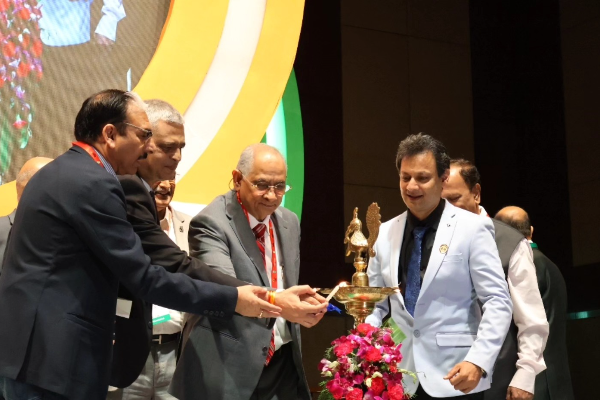
The 17th Edition of the Poultry India Expo opened today at HITEX Exhibition Centre in Hyderabad, drawing thousands of scientists, farmers, policymakers, investors and global delegates to what has become Asia’s leading platform for poultry knowledge and technology exchange.
The four-day event (25–28 November) began with Poultry Knowledge Day, a high-energy forum that delivered urgent messages on disease preparedness, rural market opportunities, nutrition, and the industry’s role in India’s journey toward Viksit Bharat 2047.
Hosted under the theme “Sustainable and Profitable Poultry Farming for Viksit Bharat”, the Knowledge Day brought together eminent speakers including Dr. Tarun Sridhar, former Secretary in India’s Department of Animal Husbandry; Dr. Suresh K. Mittal, Distinguished Professor of Virology at Purdue University, USA; Mr. Sunil Kataria, CEO of Godrej Consumer Products; and experts from Europe, Africa and the Middle East.
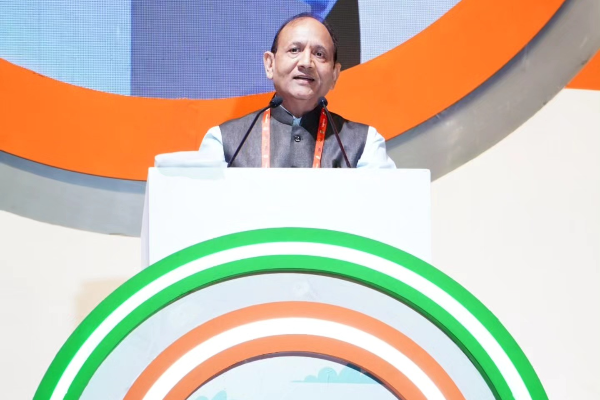
Urgent Warning on Avian Influenza: “Old Strategies Are No Longer Working”
In one of the most anticipated sessions, Dr. Suresh K. Mittal delivered a sobering assessment of the global spread of H5N1 highly pathogenic avian influenza, noting that traditional containment strategies such as stamping out infected flocks have become largely ineffective.
“When H5N1 emerged in Hong Kong in 1996, we thought it would disappear,” Dr. Mittal explained. “But today the virus is everywhere — Asia, Europe, North America, South America — and there is no easy way to control it.”
He highlighted that more than 180 million birds have been euthanized in the U.S. alone, with wild birds and mammals acting as continuous reservoirs of reinfection.
“Every U.S. state is reporting infections in wild birds. Even cattle have now been infected — something unthinkable 25 years ago,” he said. “This virus is expanding its host range. We must rethink our vaccination strategies because the older ones are not working the way we hoped.”
Dr. Mittal stressed the need for India to accelerate vaccine research, strengthen surveillance, and modernise biosecurity. He also called for greater participation of women in the poultry sector.
“In this room, I want to see more women. They play a huge role in agriculture, and if we increase their participation in poultry, we will achieve our goals much faster,” he said.
India Has Eggs — But Not Where They Are Needed
A key presentation on consumer and nutritional trends revealed deep inequalities in egg availability across India. According to data displayed during the session, India produces 140 billion eggs annually, growing at a CAGR of 6.8%, yet one in two rural children does not receive even one egg per week.
The challenge, speakers emphasized, is not production but distribution, belief systems and consumer behaviour.
Charts from the session showed that egg purchasing varies by situation: morning top-ups happen at local kirana shops, weekly buying at haat bazaars, crisis moments through self-help groups and health workers, and surprise guest needs increasingly fulfilled by urban Q-commerce platforms. For children, school mid-day meal programs remain essential.
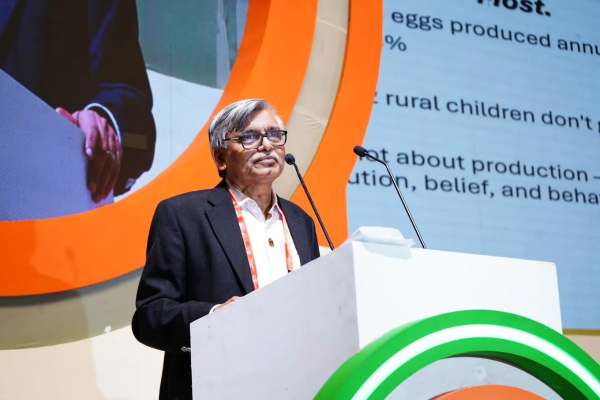
Global Delegates and Leaders Spotlight India’s Growing Influence
The inaugural session welcomed international dignitaries including Uganda’s Minister of State for Agriculture and Lebanon’s Head of Animal Quarantine. Poultry India President Mr. Uday Singh reiterated the organisation’s founding vision from 2007.
“Our dream was simple — one platform where Indian and global manufacturers could showcase technology for the benefit of farmers,” he said. “Today, as India marches toward the 2047 vision, the poultry sector must commit itself to becoming the best in the world — in technology, quality and sustainability.”
Roadmap to Viksit Bharat 2047: Policy, Markets and Technology
Dr. Tarun Sridhar emphasised the role of protein security in national development, while Mr. Sunil Kataria urged the industry to prepare for a rapidly changing consumer economy.
Other sessions addressed rural market strategies, protein dynamics, genetically modified crops, environmentally controlled poultry houses, and industry resilience.
As the Exhibition opens tomorrow, showcasing more than 350 companies, expectations remain high that the 17th Poultry India Expo will help define the technological and economic roadmap for one of the world’s fastest-growing poultry markets.
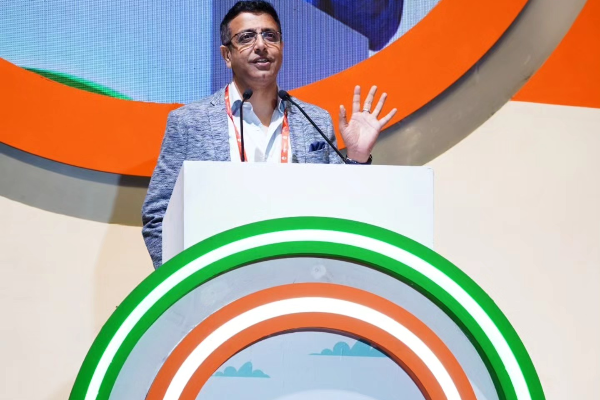
Our Farmers Review Africa team is present on-site to ensure you stay up to date with all the key moments from the event.




